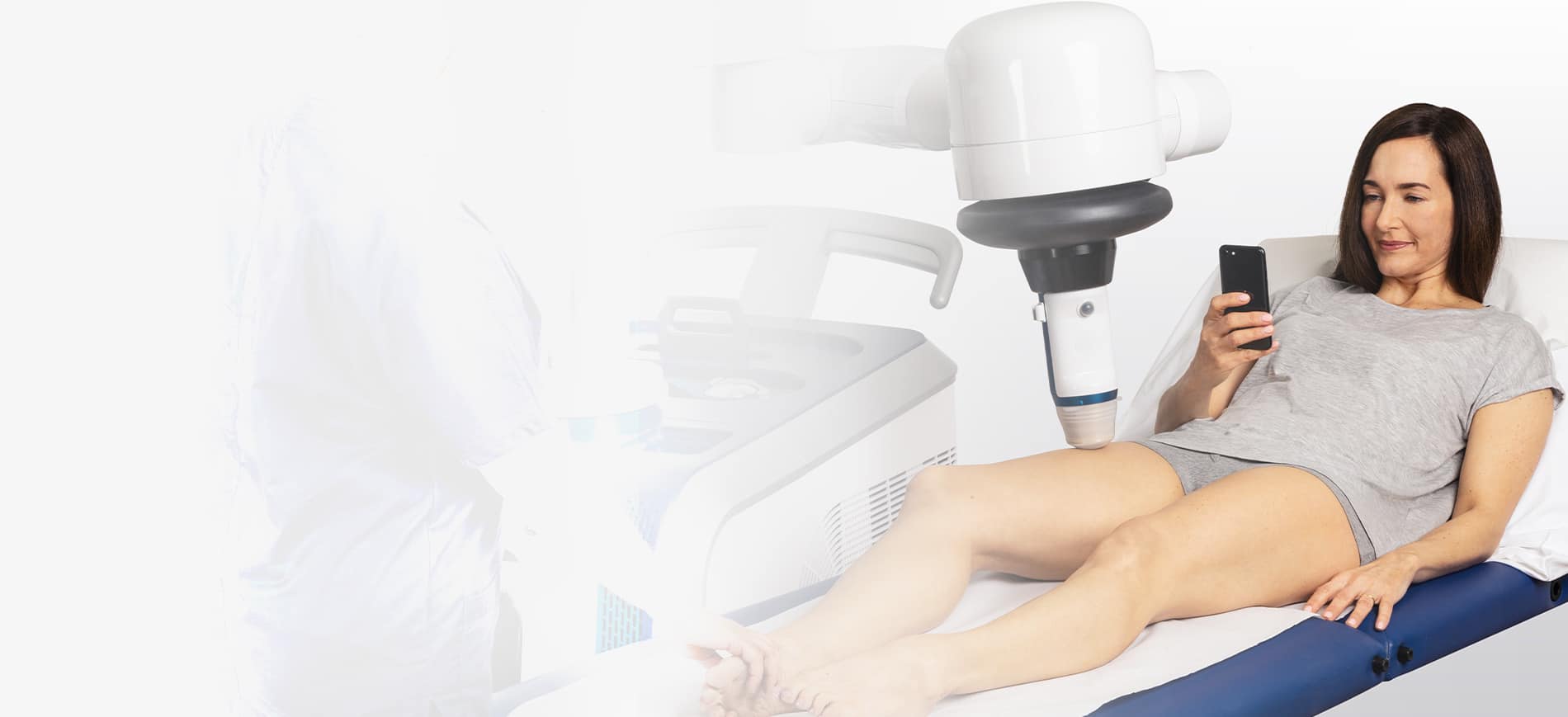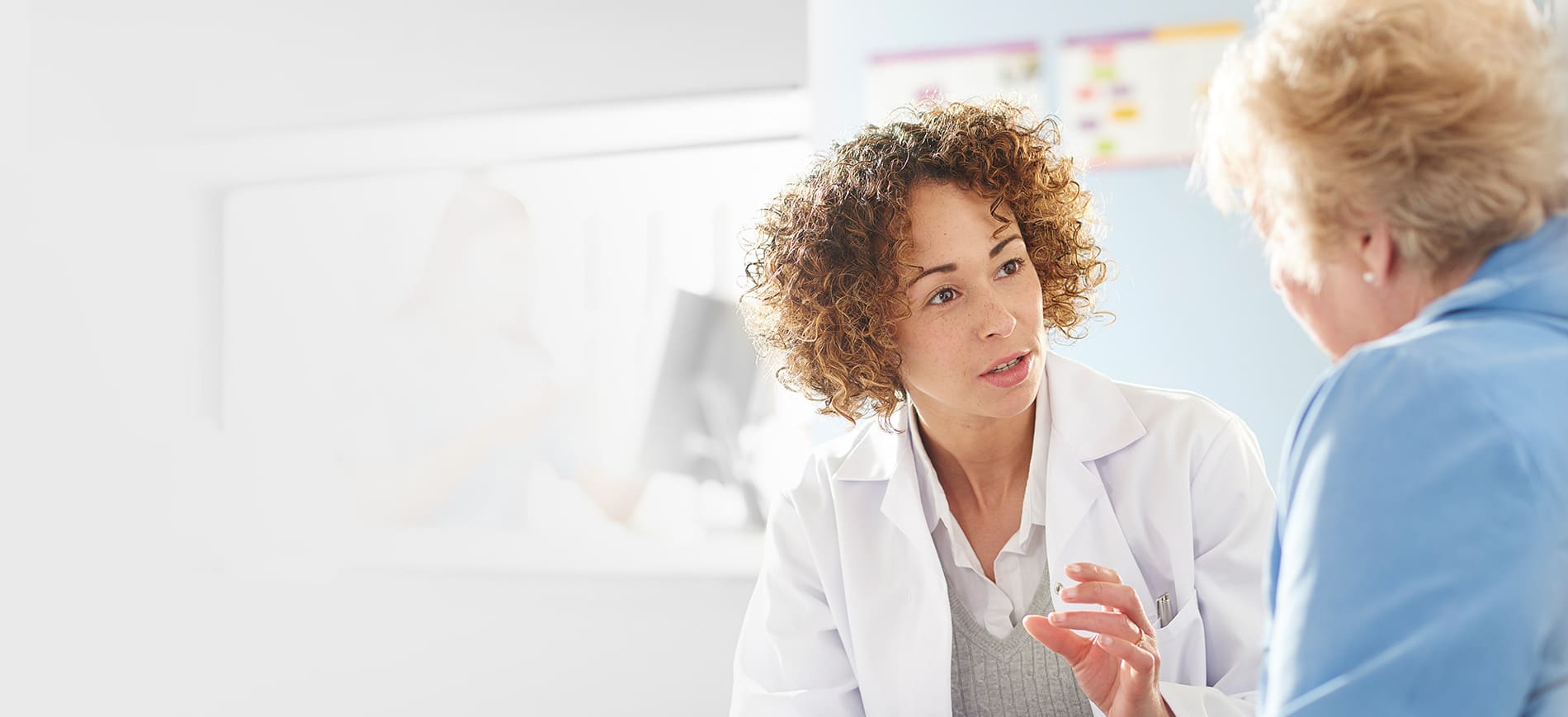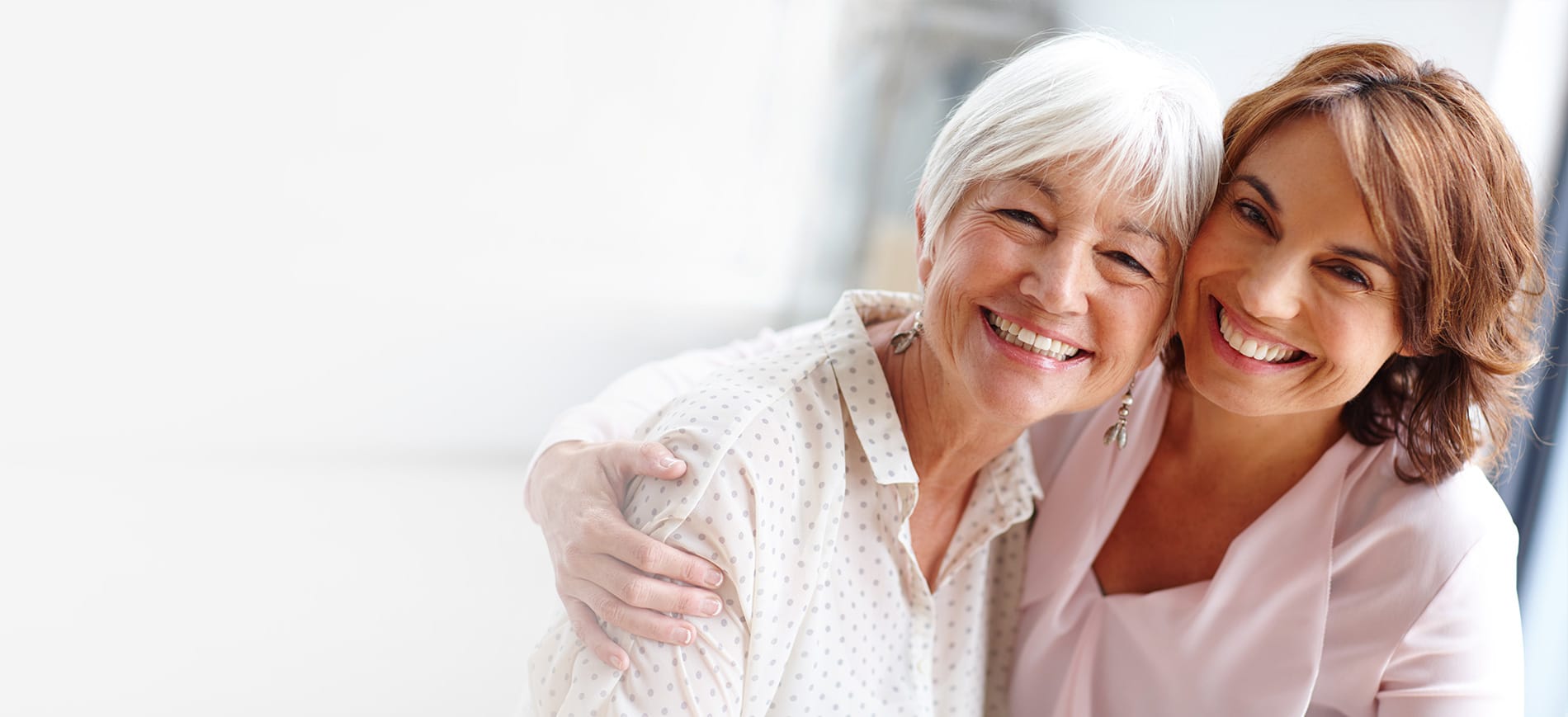Would you like to know more about the link between taking the contraceptive pill and varicose veins? We explain their relationship here!
As a reminder, birth control pills generally contain hormones such as oestrogen and progestin that prevent a woman’s body from ovulating during her cycle. Higher levels of oestrogen have been shown to increase the risk of blood clots, which can ultimately lead to deep vein thrombosis or, in the worst case, a pulmonary embolism.
How can taking the contraceptive pill be harmful to the veins?
The risk of thrombosis is mainly related to the dosage of ethinyl estradiol and the type of progestin in each pill. There are other risk factors: age, smoking, overweight, obesity, but also immobilisation during surgery or an accident. The majority of patients who suffer from thrombosis have several risk factors.
During a consultation for contraception, the gynaecologist will assess the risk factors for thrombosis. If there are more than two, the pill should not be prescribed.
It is important to note that there are two types of thrombosis:
- Venous thrombosis, which is characterised by the presence of a blood clot in a vein
- Arterial thrombosis (stroke, infarction), which results in the obstruction of an artery
It is stressed that the risks of thrombosis under the pill are more frequently venous thrombosis, with phlebitis and pulmonary embolism.
The risk factor of hormones
- The main effect of hormones in the pill is the reduction of blood flow in the circulatory system. This effect is important during pregnancy, as it prevents bleeding during childbirth, but it is dangerous when taking the contraceptive pill. It can also increase the risk of blood clots and varicose veins.
- Blood pumping is also affected because of the oestrogen, which can have a relaxing effect on the vein walls.
- Another possible effect is fluid retention, which can be a side effect of the contraceptive, as increased blood volume can increase pressure on the veins and facilitate the development of varicose veins.
However, it is important to note that the overall risk is very low and this is partly due to the fact that modern contraceptive pills contain much lower doses of oestrogen than before.
Which women are most at risk?
While the risk of thrombosis exists for all women, there are factors that can increase this risk:
- Age. The risk of thrombosis increases with age and doubles between the ages of 30 and 40.
- Being overweight
- Obesity
- Smoking, which associated with the use of an estrogen-progestin pill increases the risk of cardiovascular disease (stroke, thrombosis, infarction, etc.).
- Estrogen-progestin contraception.
Advice to prevent thrombosis:
Following some very simple advice can prevent thrombosis:
- Wearing compression stockings on long journeys
- Flexion/extension exercises for the feet and frequent movement
- Drink plenty of water
- Wearing loose-fitting clothing
- In the event of planned surgery or immobilisation, it is important to consider stopping the pill or replacing it with a progestin-only pill
Which pills are recommended/advisable?
These are only the so-called oestroprogestogenic pills, which increase the risk of venous thrombosis, due to the ethinyl estradiol they contain. Conversely, pills containing only progestins do not increase the risk of thrombosis.
- It should be noted that the risk also varies according to the generation of the pill. It is doubled between a 3rd generation pill and a 2nd generation pill.
Therefore, if you have risk factors for thrombosis, it is advisable to be prescribed pills that do not contain ethinyl estradiol. Another possibility is the use of a copper IUD and implants.
Would you like to learn more about the symptoms of varicose veins and how they can be treated? Go to https://echotherapie.com/varicose-veins/#varicose-veins-symptoms






